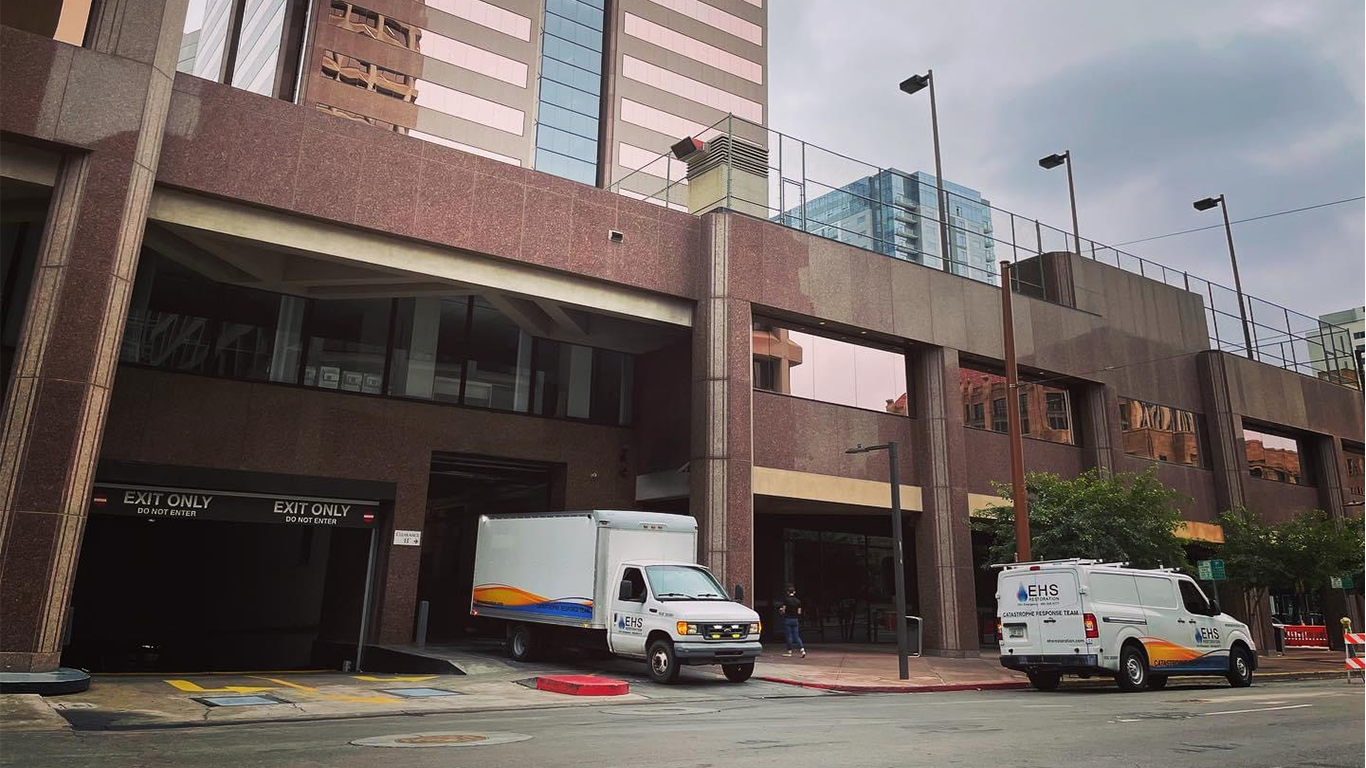In an increasingly unpredictable world in which we do business, the need for preparedness and a contingency plan in commercial real estate cannot be overstated.
As organizations face threats ranging from natural disasters to cyber-attacks, having a well-structured written contingency plan is paramount to ensure the safety of employees, protect assets, and maintain business continuity.
The significance of such plans is multifaceted, encompassing risk management, operational resilience, and communication and coordination.
MORE NEWS: Retail remains red-hot in the post-pandemic recovery
Risk management
Commercial buildings are exposed to various risks that can disrupt operations, including fire, flood, and power outages. More gradual threats include equipment failure or workforce shortages.
A written contingency plan details specific responses to these potential risks, allowing businesses to mitigate them effectively when they occur. It involves identifying vulnerabilities within the building and processes, assessing the likelihood and potential impact of different risk scenarios, and outlining best practices for risk reduction.
By investing in a comprehensive contingency plan, businesses can respond swiftly and efficiently to crises. Immediate action reduces the time to recovery, minimizes damage, and avoids costly interruptions.
For example, a manufacturing facility with a detailed contingency plan for a machinery breakdown can implement alternate operational procedures with minimal downtime, ultimately saving resources and preserving trust among customers and stakeholders.

Operational resilience
One of the most notable benefits of a written contingency plan for commercial buildings is the cultivation of operational resilience. Such plans ensure that businesses can quickly rebound from unexpected events, maintain service delivery, and uphold customer satisfaction. In today’s highly competitive environment, operational resilience can distinguish organizations from their competitors.
A written contingency plan facilitates a cohesive approach to crisis management, unifying the entire team under a common framework. Employees who understand their roles and responsibilities during an emergency can act decisively, leading to quicker resolutions and minimized chaos. Regular training and drills ensure that all staff members are familiar with the procedures outlined in the plan, thereby enhancing workplace safety and efficiency.
Communication and coordination
Effective communication is critical during a crisis. A written contingency plan in commercial real estate serves as a central reference point that outlines the chain of command and communication protocols. It specifies individuals responsible for disseminating information, maintaining lines of communication with emergency services, and updating stakeholders. This clarity can significantly reduce confusion and ensure that accurate information flows seamlessly through the organization during emergencies.
Furthermore, a contingency plan should include transparency and integration with local emergency management agencies and community resources. By collaborating with these external stakeholders, businesses can garner additional support and resources when needed, helping to facilitate a more effective emergency response.
Continuous improvement and review
A written contingency plan is not a static document; it should be subject to regular reviews and updates. As a business grows and changes, so too do its risks and operational needs.
Regular evaluations ensure that the plan remains relevant and effective. This process encourages a culture of continuous improvement, ensuring that employees understand that preparedness is an ongoing commitment rather than a one-time task.
In a world where the only certainty is uncertainty, preparedness is not just an advantage, it’s a necessity. Developing and maintaining a robust contingency plan can mean the difference between survival and failure in the face of adversity.
Author: Keith Pomonis is the President of Mesa-based EHS Restoration. For more information call (480) 306-5777 or visit ehsrestoration.com.




